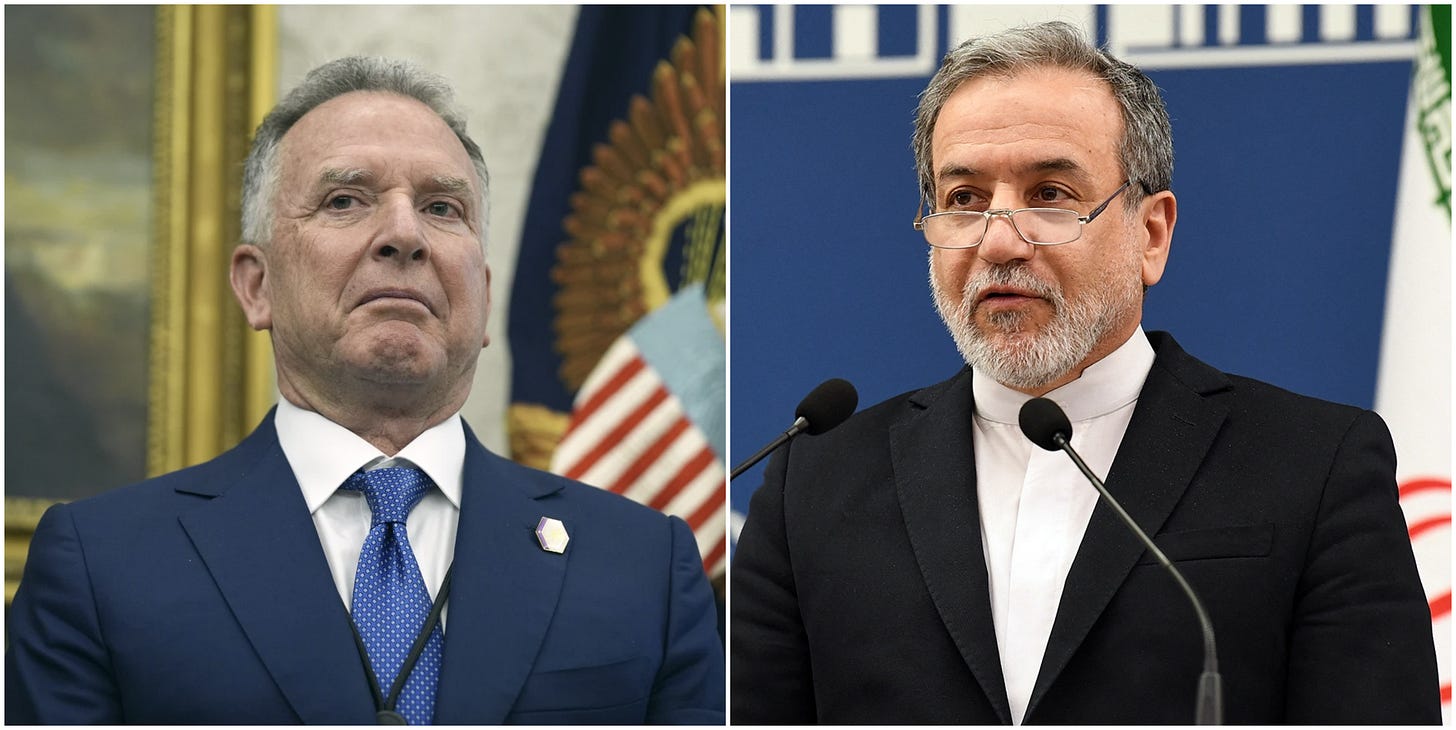Iran Cannot Trust America
The United States' increasingly bold pattern of open deceit in its diplomacy is leading to an impossible negotiation for the Iranians.
In keeping with the long-standing trend of Trump taking credit for working to solve crises he himself started (such as stopping a potential war with Iran after he ordered IRGC commander Qassem Soleimani assassinated in 2020), Trump and his team are now heralding a potential “diploma…



